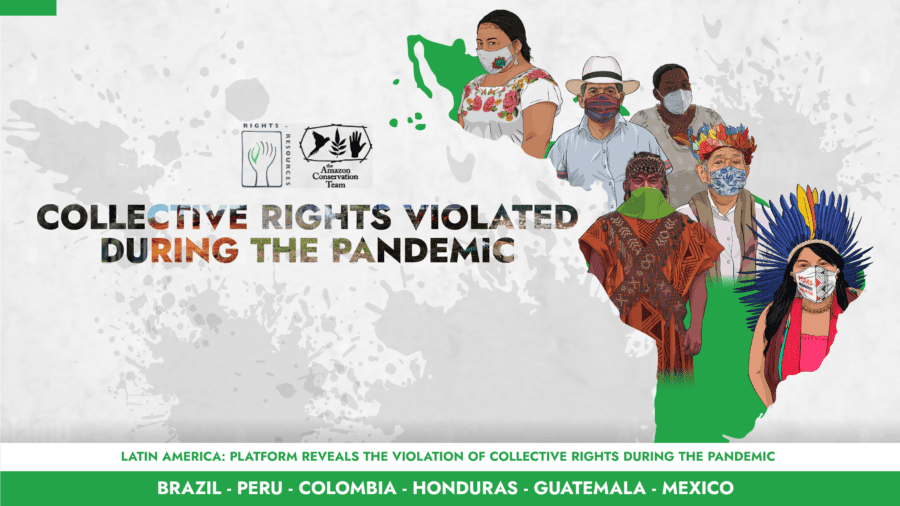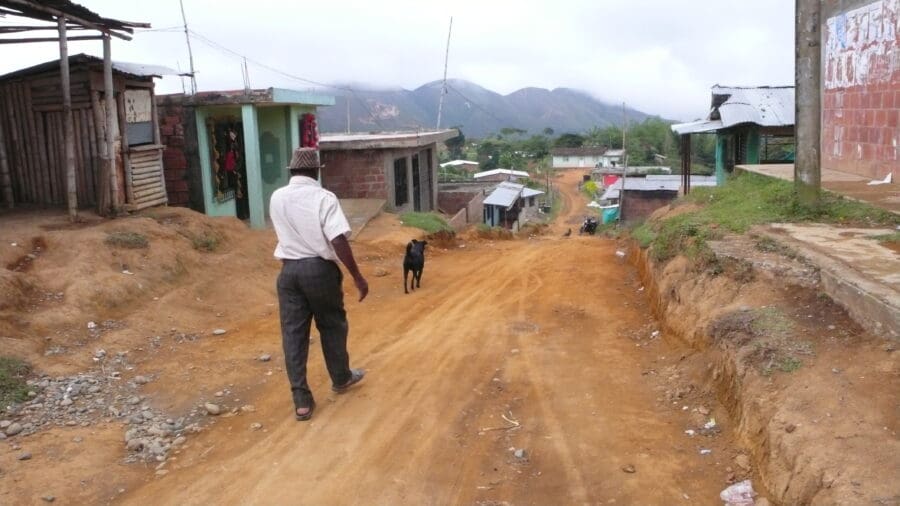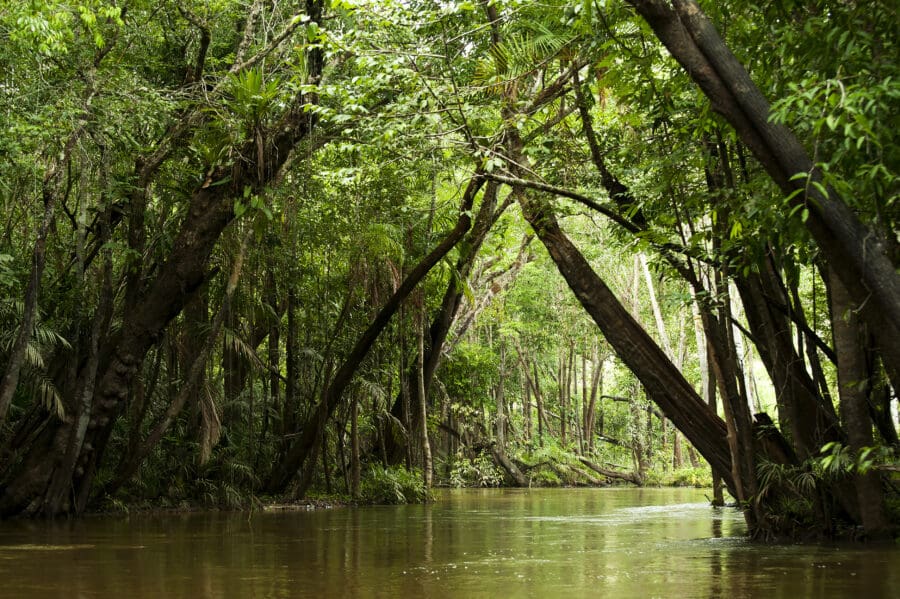Between January 2020 and December 2021, at least 1,964 Indigenous, Afro-descendant, and local communities in six Latin American countries saw their collective rights negatively impacted by extractive and infrastructure projects.
This was revealed by a geospatial platform to track collective rights violations during the pandemic, an easily accessible tool supported by RRI and the Amazon Conservation Team (ACT). The platform focuses on communities impacted in Colombia, Peru, Brazil, Honduras, Mexico and Guatemala.
The platform found mining as the industry that affected the most communities (769), followed by infrastructure projects (611), energy (334), hydrocarbons (133), agribusiness (99) and forestry (18).
In addition, it shared a list of the collective rights that were frequently violated, as well as the social and environmental impacts suffered by the communities affected by each project.
Regional Impact
According to the platform, the countries with the most communities affected by the aforementioned projects are Peru and Colombia, which register 798 and 531 communities with violated collective rights, respectively.
They are followed by Guatemala (258), Honduras (138), Mexico (129) and Brazil (110); completing the list of countries where social and environmental impacts were reported due to these projects.
Prominent social impacts on the communities include changes in the availability of water, reported by 1,523 communities; health problems (1,397); and effects on traditional livelihoods (1,275).
The impact on water sources was the greatest environmental effect, recorded in 1,671 communities; followed by biodiversity loss (1,539) and soil damage (1,283).
The platform also reveals that 325 environmental rights defenders from these communities were attacked for protecting their territories from the projects; most of them from Honduras (151).
The attacks faced by the defenders included threats, invasion of their territories, arbitrary arrests and imprisonment, and physical violence.
Violated Rights
According to the platform, these effects generated the violation of 11 collective rights. The largest number of violations were recorded for the right to defend ancestral land, violated in 1,544 communities.
Other rights violated include the right to access water (1,497 communities); to free, prior and informed consent (1,306); and to collective ownership of the territory (1,084).
In addition to the rights to a healthy environment (1032); to life (610); to freedom of expression (549); to freedom of assembly and association (488); to practice traditional livelihoods (292) and to physical and moral integrity (271).
It should be noted that the impact generated by the aforementioned effects is multidimensional, which means that a community may have suffered the violation of more than one collective right due to a project.
It is also important to note that the majority of the communities were affected by projects of national origin (562), that is, the projects were financed or promoted by their own governments.
However, projects backed by China and the United Kingdom also feature in the study, who were involved in projects that threaten 433 communities in Peru and 400 in Colombia.
Learn more about this study on the platform: Collective Rights Violated During the Pandemic.








